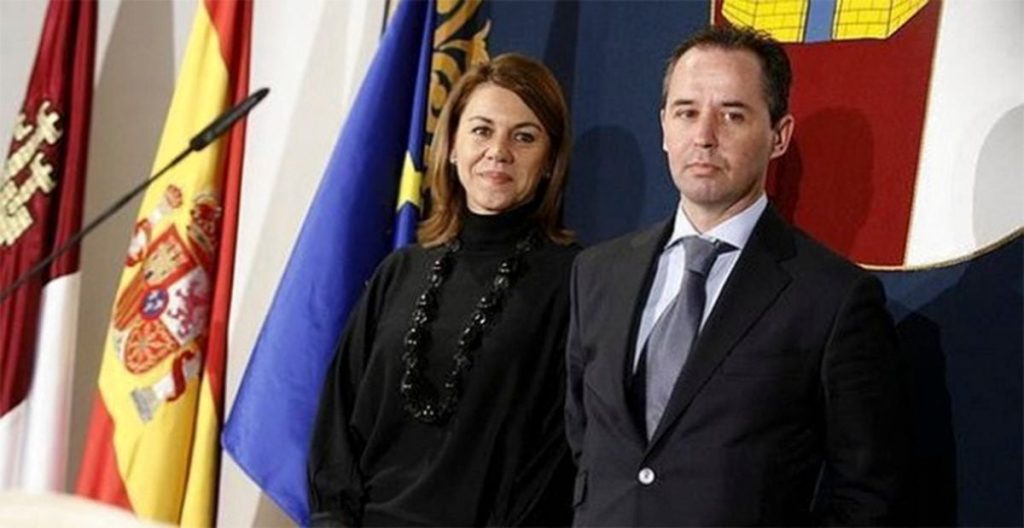The former police chief Andrés Gómez Gordo, who was an advisor to María Dolores de Cospedal in the Castilla-La Mancha government, is facing a request for 15 years in prison by the Public Prosecutor’s Office for his involvement in the Operation Kitchen. He argues that he followed the instructions of his superiors, believing he was participating in a legal police operation without full information. The Prosecutor’s Office alleges that he was involved in recruiting the informant Sergio Ríos, who received money from secret funds and promises of a job in the police. However, Gómez Gordo denies receiving information or documentation from Ríos and claims to have acted under orders and without knowledge of Ríos’s placement in the police.
Eugenio Pino, the former number two of the police during the PP government, defends the legality of the Operation Kitchen, stating that it was in response to a legitimate, relevant, and necessary police interest in investigating alleged crimes by the party’s former treasurer Luis Bárcenas. He denies ordering the theft of documents from Bárcenas. The Public Prosecutor’s Office considers the operation illegal and believes it was orchestrated from the Ministry of the Interior in 2013 to spy on Bárcenas and his family, as well as to steal documents related to the Gürtel case. The goal of Kitchen was to obtain incriminating information against the PP or its top leaders and prevent it from reaching the judge, according to the allegations made by Anticorruption.
The former head of the Police Detective Unit (DAO) denies any wrongdoing in relation to the operation and defends the legality of police actions from the beginning. He argues that there is no evidence of him ordering or authorizing the theft of documents and emphasizes the legitimate police interest in investigating alleged criminal acts beyond ongoing judicial investigations. He also points out that other accused individuals have claimed that the operation was based on legitimate police interests. He rejects the accusation of recruiting a police collaborator with dubious intentions and states that it was Villarejo who managed the informant, Sergio Ríos.
The defense argues that the verbal authorization of payments from secret funds for operational expenses was a common practice in police operations. The involvement of other police officers in the Operation Kitchen is also discussed in terms of their alleged legal justifications for their actions. Some of the accused individuals claim that the operation was conducted for legitimate police reasons and refute the claims of illegal activities. The defense maintains that the actions taken were in the interest of national security and law enforcement and were not aimed at personal gain or illegal activities. The legal and ethical implications of the Operation Kitchen continue to be debated in court as the trial unfolds.


